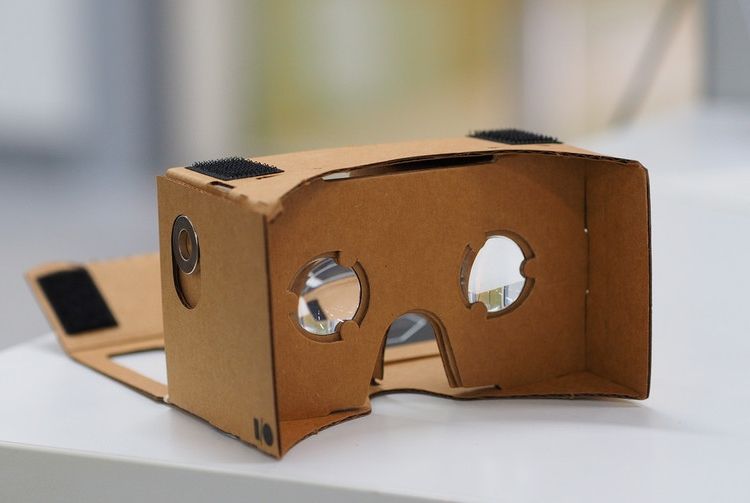The recent Google I/O developer conference at which the company reveals its new products and directions brought with it several surprising announcements that mark significant changes for the way the company approaches its online business.
The first was the admission by Google chief executive, Sundar Pichai, that Amazon had taken the lead in voice-activated devices when it launched Echo last year when he announced the company’s own Google Home, a similar table-top, voice-controlled AI assistant. These devices have been made possible by the rapid improvement of voice-recognition technology and AI fast enough to respond in real time to questions and answers. But under the surface, the devices are deeply integrated with the cloud, and in the case of Echo, Amazon’s online marketplace.
This is significant because Echo now boasts more than 400 different “skills” and connected suppliers through which users can order food, look up calendar appointments, pay credit card bills, search for information and many other things – just by asking with their voice. The ecosystem of companion products around these intelligent assistants is growing too: just by asking, you can switch on the lights in any room, control the thermosat, security system and fire detectors, automate perimeter doors or fences.
